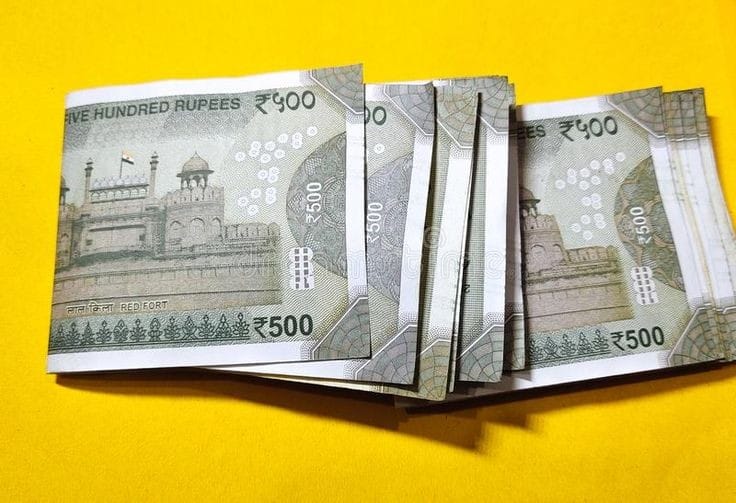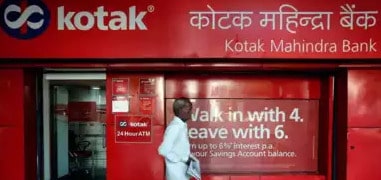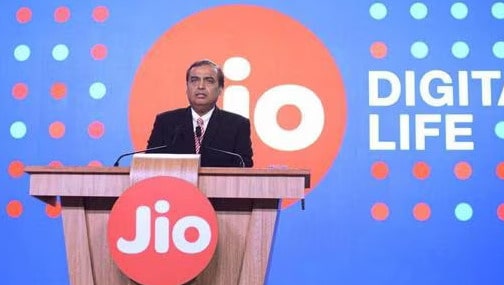Inflation is a persistent and rising general price level in an economy that reduces the purchasing power of currency. It is a phenomenon that affects the economies of many countries, and India is no exception. In India, inflation has been a significant concern for policymakers and economists for decades, as it affects the purchasing power of the rupee, the country’s currency.
The impact of inflation on the purchasing power of the rupee is a complex issue that requires a nuanced understanding of the factors that influence inflation. Inflation can be caused by various factors such as supply chain disruptions, currency devaluation, and increase in demand. When prices of goods and services increase, it leads to an erosion in the purchasing power of the rupee.
The impact of inflation on the purchasing power of the rupee can be seen in everyday life. As prices of goods and services increase, people are unable to purchase the same amount of goods and services as they could before. For instance, if the price of milk increases, a household that could afford two liters of milk earlier may now only be able to buy one liter for the same amount of money. This leads to a reduction in the standard of living of people, especially those from lower-income groups who are more affected by inflation.
Inflation also has a significant impact on the economy. It can lead to an increase in the cost of production for businesses, which can result in higher prices for consumers. This can lead to a decrease in demand for goods and services, which can negatively impact the growth of the economy.
One of the ways in which the impact of inflation on the purchasing power of the rupee can be mitigated is through effective monetary policy. The Reserve Bank of India (RBI) is responsible for formulating and implementing monetary policy in India. The RBI’s main objective is to maintain price stability while supporting economic growth. To achieve this objective, the RBI uses various monetary policy tools such as interest rates, reserve ratios, and open market operations to manage the supply of money in the economy.
Another way to mitigate the impact of inflation is through fiscal policy measures. The government can take steps such as reducing taxes, increasing subsidies, and investing in infrastructure to increase economic growth and reduce the impact of inflation.
In conclusion, inflation has a significant impact on the purchasing power of the rupee, which can affect the standard of living of people in India. Effective monetary and fiscal policies can help mitigate the impact of inflation on the economy and the purchasing power of the rupee. It is essential to strike a balance between economic growth and maintaining price stability to ensure the well-being of the Indian economy and its people.









